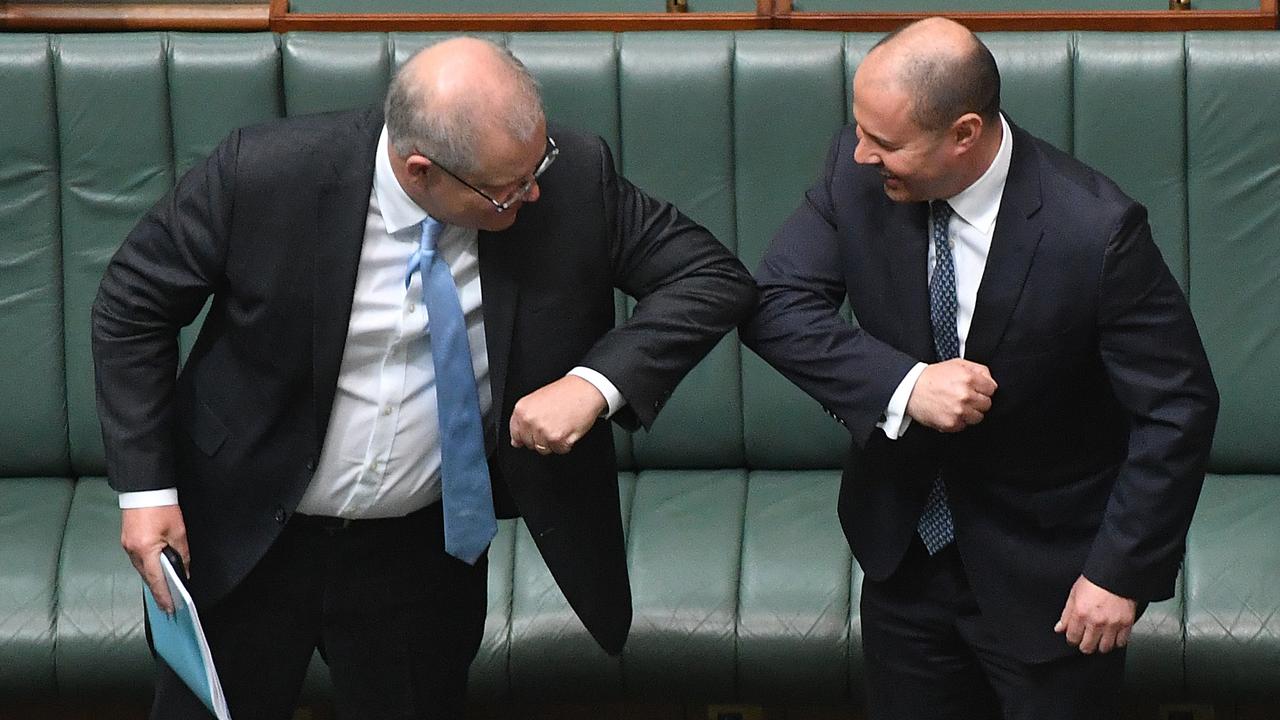New NSW youth bail reforms ‘unfairly discriminatory’, says Supreme Court judge
‘These kids need support and guidance, not incarceration’: Judge criticises new NSW bail laws for young repeat offenders.

A NSW Supreme Court judge fears bail reforms rushed through last month to curb a spate of youth crime in regional NSW are “unfairly discriminatory” and treat a child’s freedom less favourably than an adult’s freedom in the same circumstances.
Justice Julia Lonergan said the changes to the Bail Act, which required an extra test for children aged 14 to under 18 who commit vehicle thefts or serious break-ins while on bail, could “operate in an unfairly discriminatory way”.
Those children, she added, are “specifically recognised as a group that need support and guidance, not incarceration and disconnection from their family and the community”.
Justice Lonergan made the comments late last month after granting strict conditional bail to a 17-year-old Indigenous boy defined by police as a “primary offender” for repeat break-ins and vehicle thefts, and posting his alleged crimes on social media.
He is before the courts on a large number of similar charges, and has pleaded guilty to several motor vehicle theft and break-and- enter charges.
In late March, Attorney-General Michael Daley announced the tightening of bail laws to target exactly this kind of offending as a result of growing community fears around youth crime, particularly in country towns such as Moree. He called it a “circuit-breaker” for repeat offenders, while Premier Chris Minns accepted it would likely land more kids behind bars.
Ultimately, Justice Lonergan found the new bail laws did not apply to the teenager, known as RB, on a technicality, being that his alleged offending occurred before the legislation was enacted on April 3, despite the Crown prosecutor’s arguments that it did apply.
But the judge was critical of their “effect and operation”, saying the bail reform “treats a relevantly charged child’s freedom in a less favourable way than an adult’s freedom in exactly the same circumstances”.
“The Bail Act s 22C now provides for a higher bar … obstructing release for children aged 14 to 17 years and 364 days charged with certain offences, than the regime which applies to adults in exactly the same circumstances,” she said.
The new test requires magistrates and judges to have a “high degree of confidence” a young person will not commit a serious indictable offence while on bail, and Justice Lonergan said even adults who commit offences that attract life imprisonment such as serious sexual offending against children, did not face such requirements.
She added this test could be applied “unevenly” because it’s not clear exactly what it means.
These concerns were shared by top NSW legal bodies in March, with more than 500 lawyers penning an open letter to the Premier expressing “grave concerns” with the proposed changes. NSW Bar Association president Dr Ruth Higgins SC told The Australian on Monday the Bar Association opposed these “rushed bail reforms” for reasons now reflected in this Supreme Court judgment.
“It is oppressive and absurd to make it more difficult for a child aged between 14 and 18 to be released on bail than … for an adult in the same circumstances. The reforms also undermine the important principles in the Children (Criminal Proceedings) Act 1987.”
Mr Daley did not respond toThe Australian’s request for comment.



